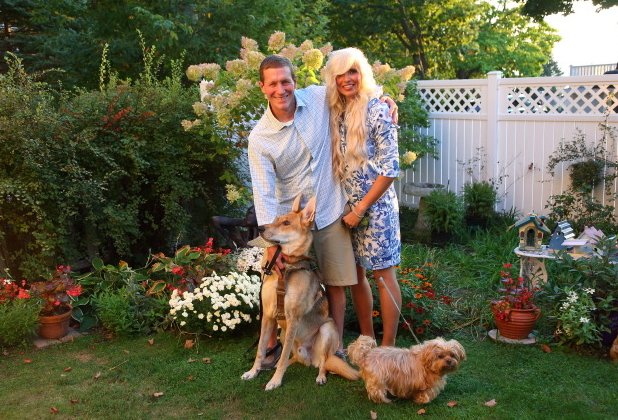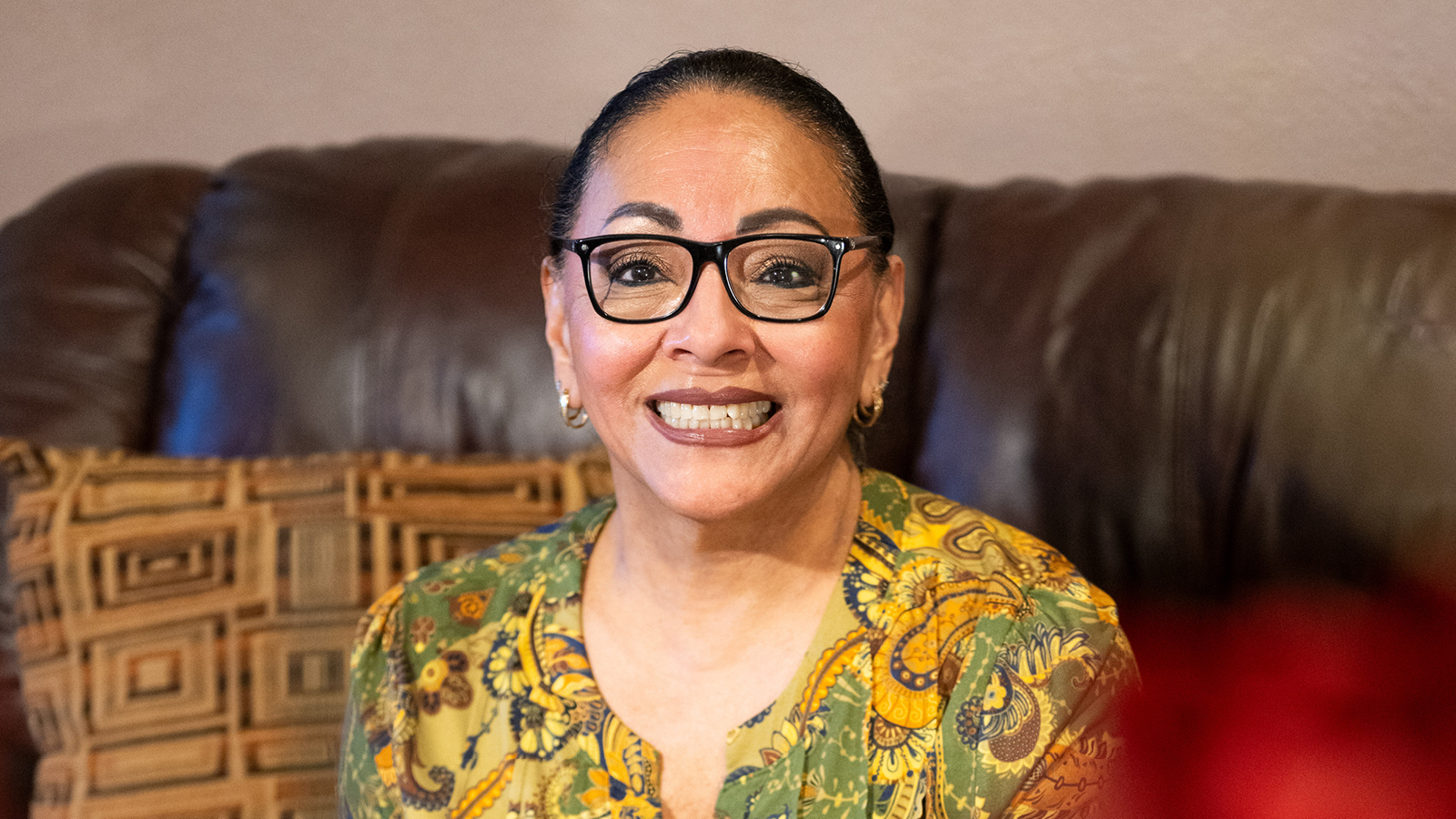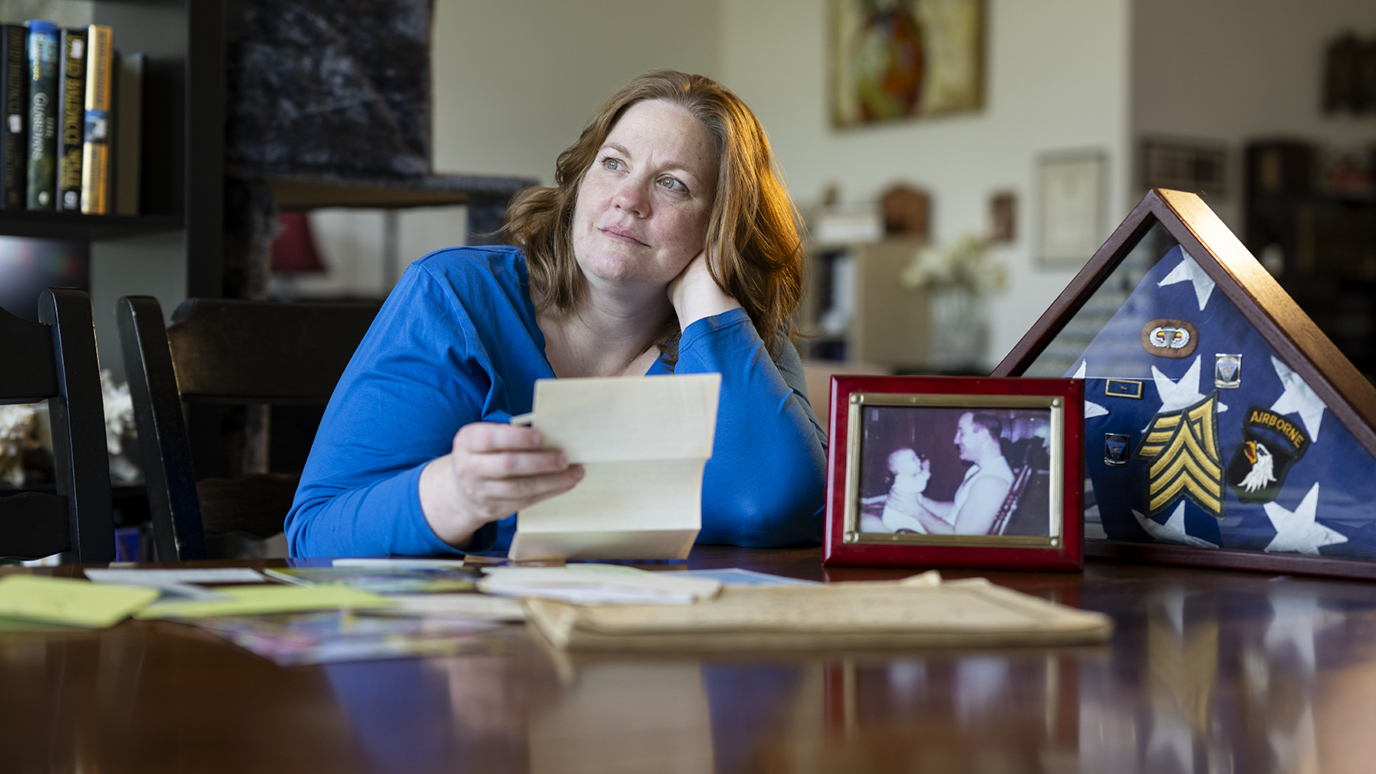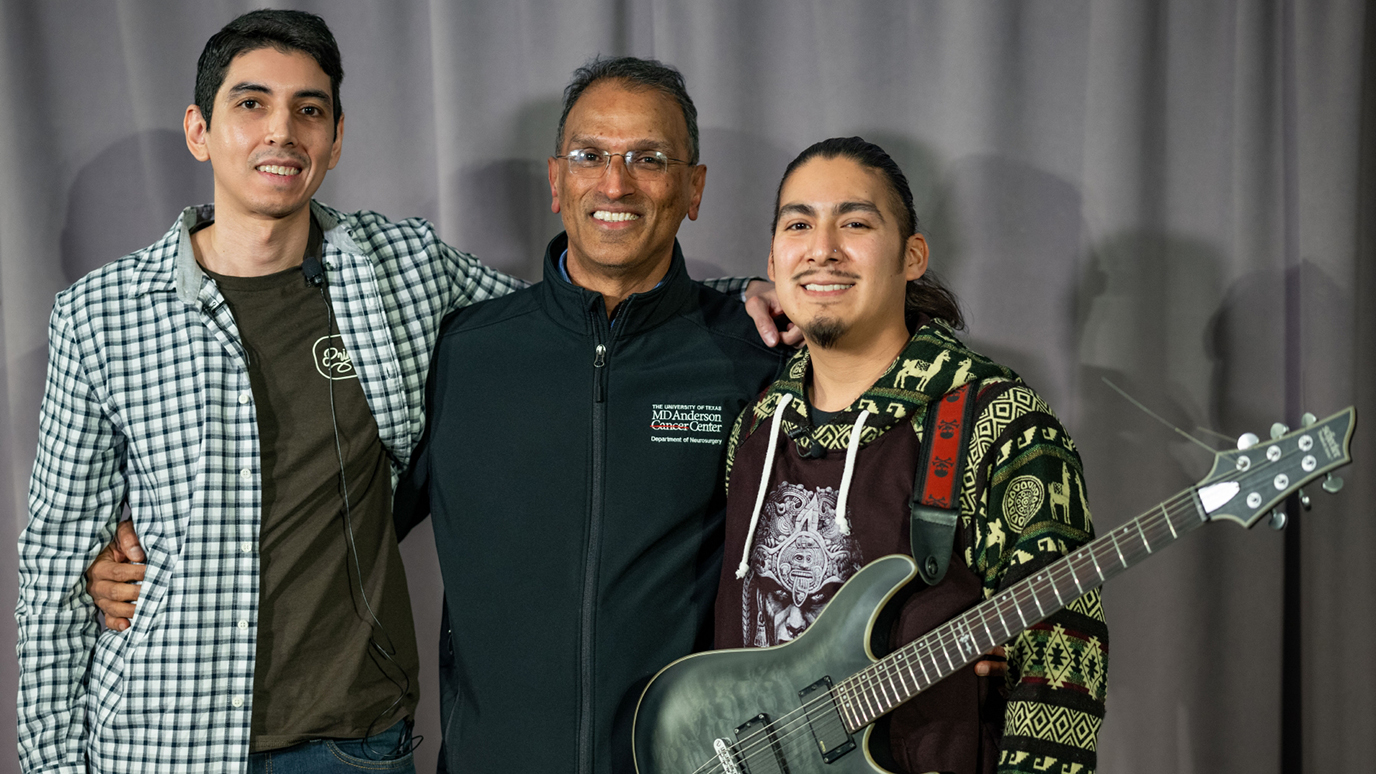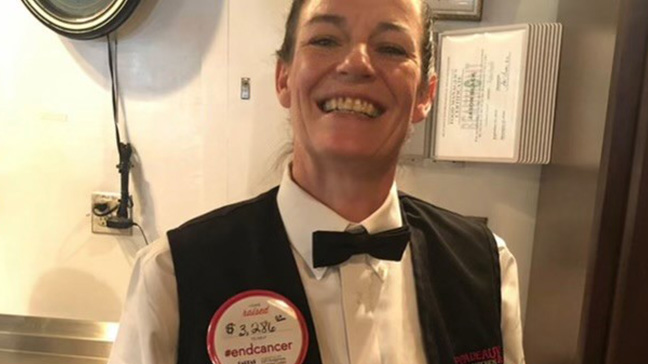- Diseases
- Acoustic Neuroma (14)
- Adrenal Gland Tumor (24)
- Anal Cancer (68)
- Anemia (2)
- Appendix Cancer (16)
- Bile Duct Cancer (26)
- Bladder Cancer (72)
- Brain Metastases (28)
- Brain Tumor (232)
- Breast Cancer (714)
- Breast Implant-Associated Anaplastic Large Cell Lymphoma (2)
- Cancer of Unknown Primary (4)
- Carcinoid Tumor (8)
- Cervical Cancer (158)
- Colon Cancer (166)
- Colorectal Cancer (116)
- Endocrine Tumor (4)
- Esophageal Cancer (44)
- Eye Cancer (36)
- Fallopian Tube Cancer (8)
- Germ Cell Tumor (4)
- Gestational Trophoblastic Disease (2)
- Head and Neck Cancer (12)
- Kidney Cancer (128)
- Leukemia (342)
- Liver Cancer (50)
- Lung Cancer (286)
- Lymphoma (278)
- Mesothelioma (14)
- Metastasis (30)
- Multiple Myeloma (100)
- Myelodysplastic Syndrome (60)
- Myeloproliferative Neoplasm (4)
- Neuroendocrine Tumors (16)
- Oral Cancer (100)
- Ovarian Cancer (172)
- Pancreatic Cancer (160)
- Parathyroid Disease (2)
- Penile Cancer (14)
- Pituitary Tumor (6)
- Prostate Cancer (146)
- Rectal Cancer (58)
- Renal Medullary Carcinoma (6)
- Salivary Gland Cancer (14)
- Sarcoma (238)
- Skin Cancer (296)
- Skull Base Tumors (56)
- Spinal Tumor (12)
- Stomach Cancer (64)
- Testicular Cancer (28)
- Throat Cancer (92)
- Thymoma (6)
- Thyroid Cancer (96)
- Tonsil Cancer (30)
- Uterine Cancer (80)
- Vaginal Cancer (16)
- Vulvar Cancer (20)
- Cancer Topic
- Adolescent and Young Adult Cancer Issues (20)
- Advance Care Planning (10)
- Biostatistics (2)
- Blood Donation (18)
- Bone Health (8)
- COVID-19 (362)
- Cancer Recurrence (120)
- Childhood Cancer Issues (120)
- Clinical Trials (630)
- Complementary Integrative Medicine (22)
- Cytogenetics (2)
- DNA Methylation (4)
- Diagnosis (232)
- Epigenetics (6)
- Fertility (62)
- Follow-up Guidelines (2)
- Health Disparities (14)
- Hereditary Cancer Syndromes (126)
- Immunology (18)
- Li-Fraumeni Syndrome (8)
- Mental Health (116)
- Molecular Diagnostics (8)
- Pain Management (62)
- Palliative Care (8)
- Pathology (10)
- Physical Therapy (18)
- Pregnancy (18)
- Prevention (914)
- Research (392)
- Second Opinion (74)
- Sexuality (16)
- Side Effects (604)
- Sleep Disorders (10)
- Stem Cell Transplantation Cellular Therapy (216)
- Support (402)
- Survivorship (320)
- Symptoms (182)
- Treatment (1786)
Childhood brain tumor diagnosis fuels commitment to future generations
4 minute read | Published July 18, 2023
Medically Reviewed | Last reviewed by an MD Anderson Cancer Center medical professional on July 18, 2023
As he approaches his 30th birthday, Harrison Elias often looks around and cannot believe how far he has come. After completing his master’s degree in exercise science/strength and conditioning at Springfield College and stints as a Division I college strength and conditioning coach at the University of Rhode Island and Boston College, he is now the founder/owner of a sports performance facility in Glastonbury, Connecticut. He also is a pediatric brain cancer survivor who has been in remission for more than 20 years.
“Some days I can deadlift 400 pounds but can barely pick up a pencil with my left hand,” says Harrison, who has limited motor function on the left side of his body, a lasting reminder of the brain tumor surgery he underwent as a child. “I have had bad days, actually a lot of bad days, but focusing on the type of person I wanted to be in the future has always gotten me through.”
The first symptoms of a childhood brain tumor
Because he was so young at the time of his diagnosis, Harrison does not remember many of the specifics of his cancer experience. But his family began noticing something strange in the summer of 2000 when Harrison was visiting relatives in Michigan with his mother and siblings.
“They were playing cards, but he was having trouble holding the cards in the right direction. His hand was turned, so the cards were facing the others playing,” recalls Howard Elias, Harrison’s father, who hadn’t yet joined the family on their trip. “He was only 6 at the time, and I remember them saying ‘Harrison, you’re not supposed to show your cards to the other players.’ And he said, ‘I’m not doing that; I’m not turning my hand.’ That is when they knew something was seriously wrong.”
Second opinion at MD Anderson brings comfort and confidence
Harrison had a CT at a local hospital, followed by an MRI at a different hospital. They revealed a lesion on the right side of his brain, in the hypothalamus, a deep part of the brain. The doctor said his prognosis was not good. Howard knew they needed a second opinion and immediately began researching options and seeking opinions around the country.
One of those opinions came from the nation’s No. 1 cancer center. “We were living in The Woodlands at the time, so we had heard about MD Anderson,” says Howard. “We met with a pediatric oncologist, Dr. Joann Ater, and really appreciated the comprehensive, collaborative efforts of all the MD Anderson teams to work together to provide the best, all-encompassing plan of action. Within weeks, Harrison was in surgery.”
MD Anderson’s specialists determined that Harrison’s original diagnosis was not completely accurate, and they concluded he had a pilocytic astrocytoma, a type of brain cancer that is slower growing and, if surgically removed, can potentially be cured. Unfortunately, because of the location in the hypothalamus, the chance of complete surgical resection was considered low.
The Elias family met with neurosurgeon Frederick Lang, M.D., who successfully removed Harrison’s entire tumor in July 2000 and vigilantly checked his routine scans for regrowth throughout Harrison’s childhood.
Harrison’s cancer never returned, so he did not need to undergo radiation or chemotherapy treatment. Post-surgery, Harrison spent many months and years building back up his physical strength and regaining motor skills that were impacted by the cancer and surgery.
“As a young child, it was a lot of ‘sit here, do this, do that,’” remembers Harrison. “But everyone at MD Anderson knew what they were doing and that was a comfort to me, even as a kid.”
A commitment to advancing brain tumor and cancer neuroscience research
The Elias’ relationship with MD Anderson and Dr. Lang has grown over the years. They have doubled down on supporting and advancing treatment options for pediatric and adult brain cancer patients.
“As a family, we have supported Dr. Lang’s research in neuro-oncology through the Elias Family Fund for Brain Tumor Research as well as the Howard and Susan Elias Foundation for many years,” says Howard, who lost his father to glioblastoma at age 59. “Now it is time for us to increase our commitment significantly so we can play a bigger role in advancing cancer neuroscience research specifically focused on brain tumors and the nervous system.”
Howard and Susan, Harrison’s stepmother, recently made a $16.25 million gift to MD Anderson to accelerate brain tumor and cancer neuroscience research, an emerging field focused on integrating the nervous system’s role in cancer. The gift aims to extend patients’ lives and eliminate suffering through a comprehensive understanding of the interactions of the nervous system with cancer. The Elias’ generosity and foresight will also provide secure, sustainable support for generations of researchers to come as they push the limits in searching for new therapies and cures.
Inspiring others to make it through
Back in Glastonbury, Harrison continues his transformational work as he helps young athletes pursue their own dreams.
“One day I looked around the gym and all the new kids were doing their pushups with one hand closed,” Harrison remembers fondly with a smile. “That’s how I always do my pushups due to my limitations on one side, but they had no idea. They just thought that was the way to do them.”
The strength and courage that got him through surgery and recovery at age 7 continue to carry him today.
“There is no better feeling than getting stronger in the face of a challenge,” Harrison says. “Keep going, keep going, and you will make it through.”
Request an appointment at MD Anderson online or by calling 1-855-504-4690.
Related Cancerwise Stories

Keep going, keep going, and you will make it through.
Harrison Elias
Survivor


